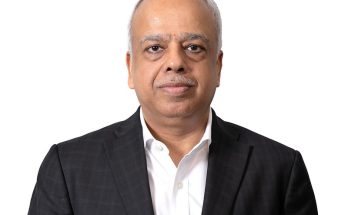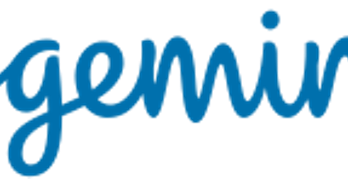#OpenAI, #ChatGpt, #SamAltman, #Microsoft, #AI, #SatyaNadella
San Francisco/IBNS-CMEDIA: Sam Altman, co-founder of OpenAI, once described the company’s partnership with Microsoft as “the best bromance in tech.” However, this relationship is now strained, as Microsoft appears to be hedging its bets, according to a report by the New York Times.
Tensions reportedly arose following Altman’s brief ousting by OpenAI’s board last November, an event that shocked Microsoft CEO Satya Nadella.
Since then, Microsoft has become more hesitant in providing OpenAI with the necessary funding and computing power, particularly as it braces for a potential $5 billion loss this year.
OpenAI’s annual computing expenses are projected to soar to $37.5 billion by 2029.
In addition to financial pressures, disagreements between employees from both companies have further strained the five-year partnership.
Microsoft’s concern about its growing dependence on OpenAI led it to spend $650 million to hire most of the staff from Inflection, an OpenAI competitor, including co-founder Mustafa Suleyman, who now oversees a new Microsoft team developing AI consumer products.
Suleyman’s involvement has sparked friction, especially after he reportedly yelled at an OpenAI employee over delays in delivering a new technology.
Tensions escalated after Microsoft engineers downloaded key OpenAI software without following agreed-upon protocols, leading to further complaints from OpenAI staff.
To address its funding challenges, OpenAI has sought to renegotiate its exclusive computing deal with Microsoft in order to secure more resources and reduce costs.
With Microsoft becoming less cooperative, OpenAI has explored other options, including negotiating a $10 billion deal with Oracle for additional computing power, after Microsoft made an exception in their contract.
OpenAI has also pursued funding from other investors, including Apple, Nvidia, and UAE-based tech firm MGX.
While Apple did not invest, the company agreed to make ChatGPT available on iPhones.
OpenAI ultimately secured $6.6 billion in a funding round led by Thrive Capital, with additional contributions from Nvidia, MGX, and others.





